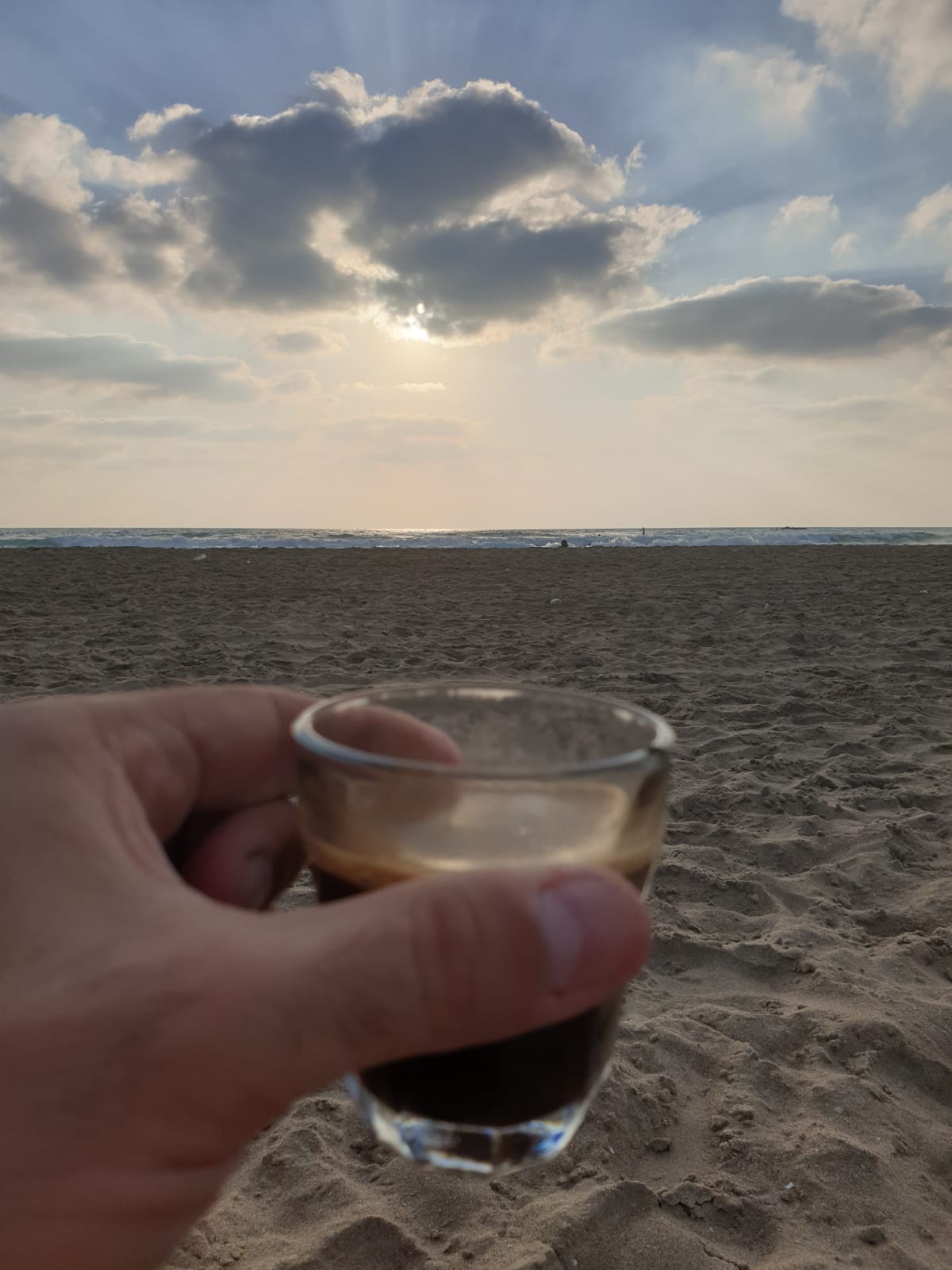Prof. Sam Lehman-Wilzig – The Declining Value of Preserving Life
For at least two millennia, the cardinal value in Judaism above (almost) all else has been “pikuach nefesh” – saving human life takes precedence over everything else (with three exceptions: incest, murder and idol worship). Recent events clearly show that this has undergone significant change – clear evidence that for the ultra-Orthodox, Jewish Law (the halakha) is no longer immutable.
Nothing could be more pikuach nefesh than a pandemic. The danger to life and limb is palpable, not only for each individual but for society as a whole. Yet when Corona entered our midst last year, major segments of the Haredi community in Israel and in the U.S. ignored the government’s strictures and the health professionals’ clear warnings to social distance, wear masks and stay home as much as possible. Even worse, several leading Haredi rabbinical leaders actually commanded their adherents to return to the yeshiva, as well as enabling (and themselves attending) mass weddings and funerals.
By traditional halakhic standards, this is incomprehensible. According to the halakha, pikuach nefesh even overrides Shabbat – a sick person can be driven to the hospital if a doctor feels that there is even a small danger to the individual’s life. Frail people can drink liquids on Yom Kippur, and if for some reason an ill person needs nourishment but is in a situation where only non-kosher food is available, they are commanded to eat it! Yet all this fell by the wayside as the Jewish “value” of Talmudic study or communal solidarity took its place.
The recent tragic events at Mount Meron are another example of pikuach nefesh’s decline. No one could be sure that a disaster would occur but pikuach nefesh demands avoiding even the possibility of mortal danger as much as humanly possible. Nevertheless, here too the Haredi rabbis were silent (many, of course, encouraging the annual pilgrimage), although a few Haredi functionaries did vociferously warn of the danger. In this case, ignoring pikuach nefesh was even more egregious, as the “value” that took its place – visiting the grave of a saint and asking for succor – is profoundly unJewish. The greatest Jew of all, Moshe Rabbeinu (Moses), was buried by God without any marking, precisely so that no one would ever come to the grave asking for “mediated” communication with the Almighty. If that’s the case for Moses, why would Shimon Bar Yokhai be able to help supplicants?
Of course, the demotion of pikuach nefesh didn’t start last year. The Meron “haj” has been going on for decades; Israel’s State Ombudsman issued dire warnings in 2008, and then in a 2011 follow-up investigation found that very little was done to improve the situation.
Beyond that, one can point to other, more “subtle” examples. To take but one such issue: it was reported several years ago (https://www.ynet.co.il/articles/0,7340,L-4413730,00.html) that many Haredi rabbis have tried to “advise” their students not to smoke cigarettes but none are willing to declare outright that it falls under the commandment “וְנִשְׁמַרְתֶּם מְאֹד לְנַפְשֹׁתֵיכֶם” (“take great care for your life”: colloquially, pikuach nefesh).
There isn’t any one specific reason among the Haredim for the decline of pikuach nefesh as the ultimate value. During Corona, it was the need to keep the yeshiva students from going astray if at home for too long. Mount Meron is the Haredi equivalent of an annual Woodstock or Burning Man “happening” – this, for an ultra-religious community that has very few “mass entertainment” outlets. Prohibiting cigarette smoking falls under another (less stringent) halakhic principle: “a decree that the public cannot live by”. So the rabbis let the deadly outcome play out.
Perhaps some “good” might emerge from the Meron disaster and the Corona devastation for the Haredi community: finally returning to the real, ultimate, moral norm of Judaism – saving human life by listening to “secular” professionals, whether public security, health or otherwise. After all, obeying the government also is part of the halakhic system: דינא דמלכותא דינא (“the law of the land is the law”) – another Jewish stricture that seems to have been set aside by a not inconsiderable number of ultra-Orthodox Israelis (and Americans: see Corona and Borough Park…). If the Haredi community really wants to maintain its reputation for “authentic” Judaism (even double quotation marks would be appropriate) – and maintain its “ultra-Orthodoxy” – it has to return to basics: the most basic Jewish principle of all – self-preservation









